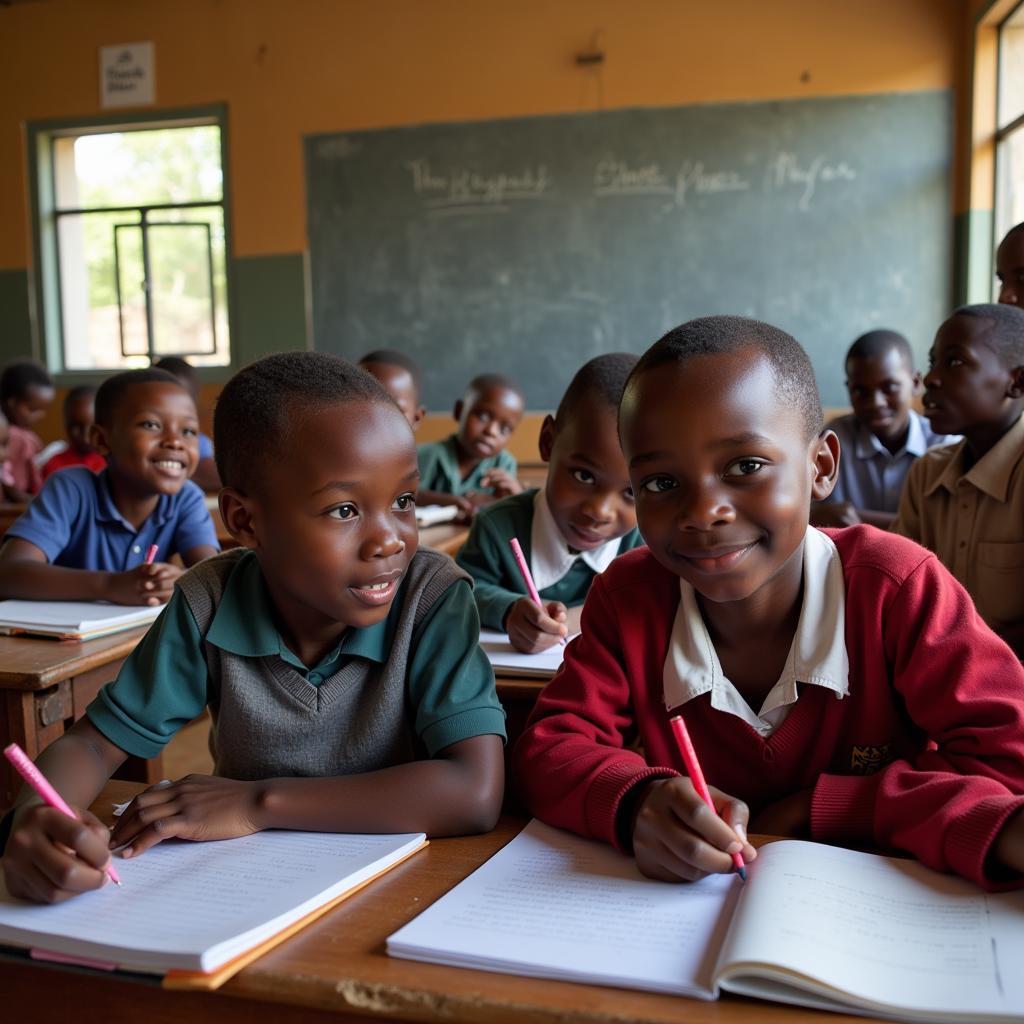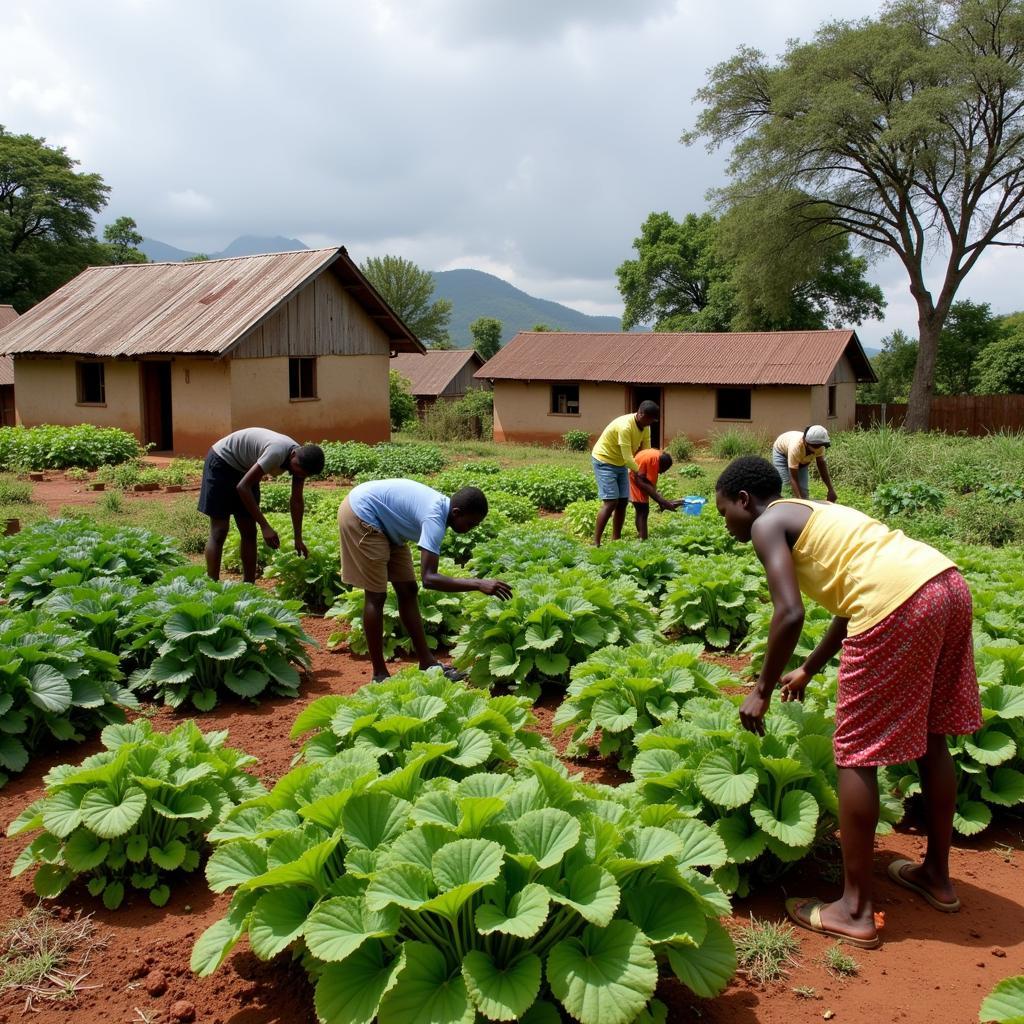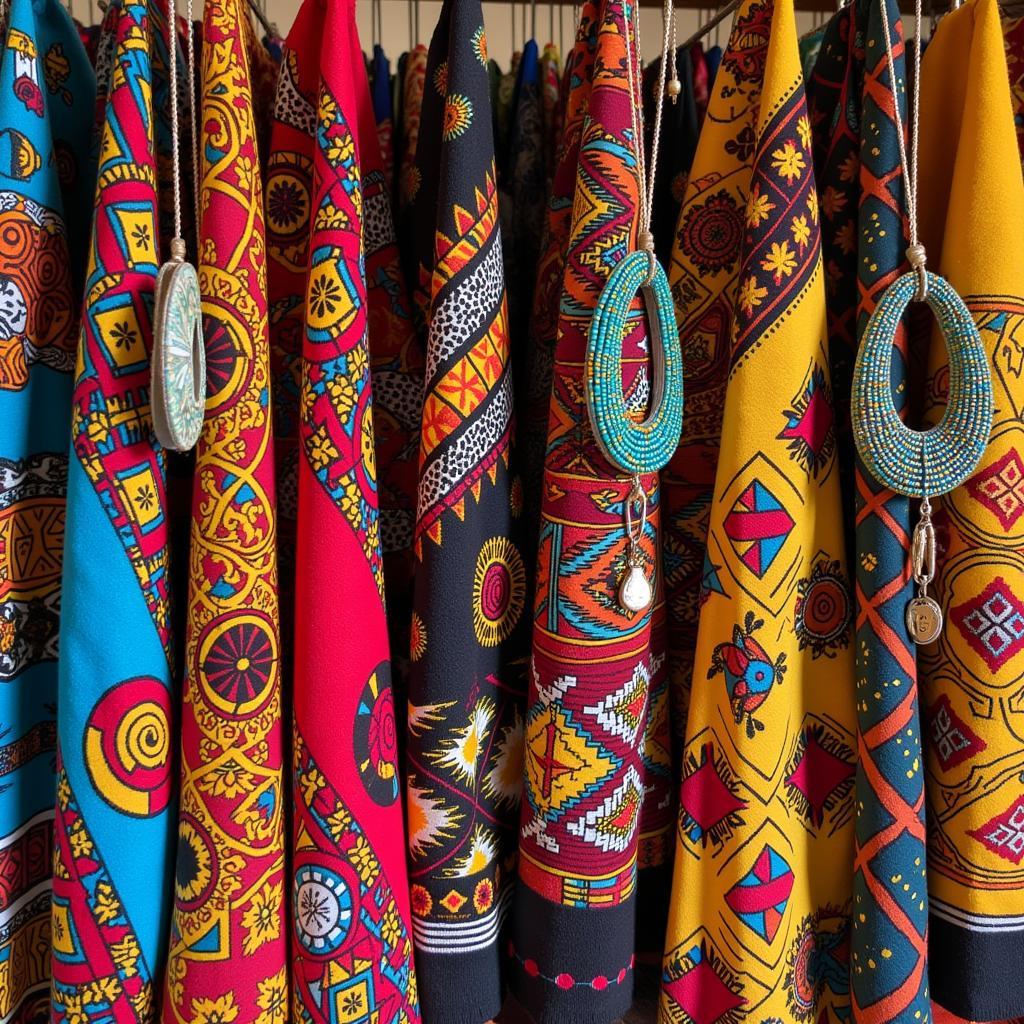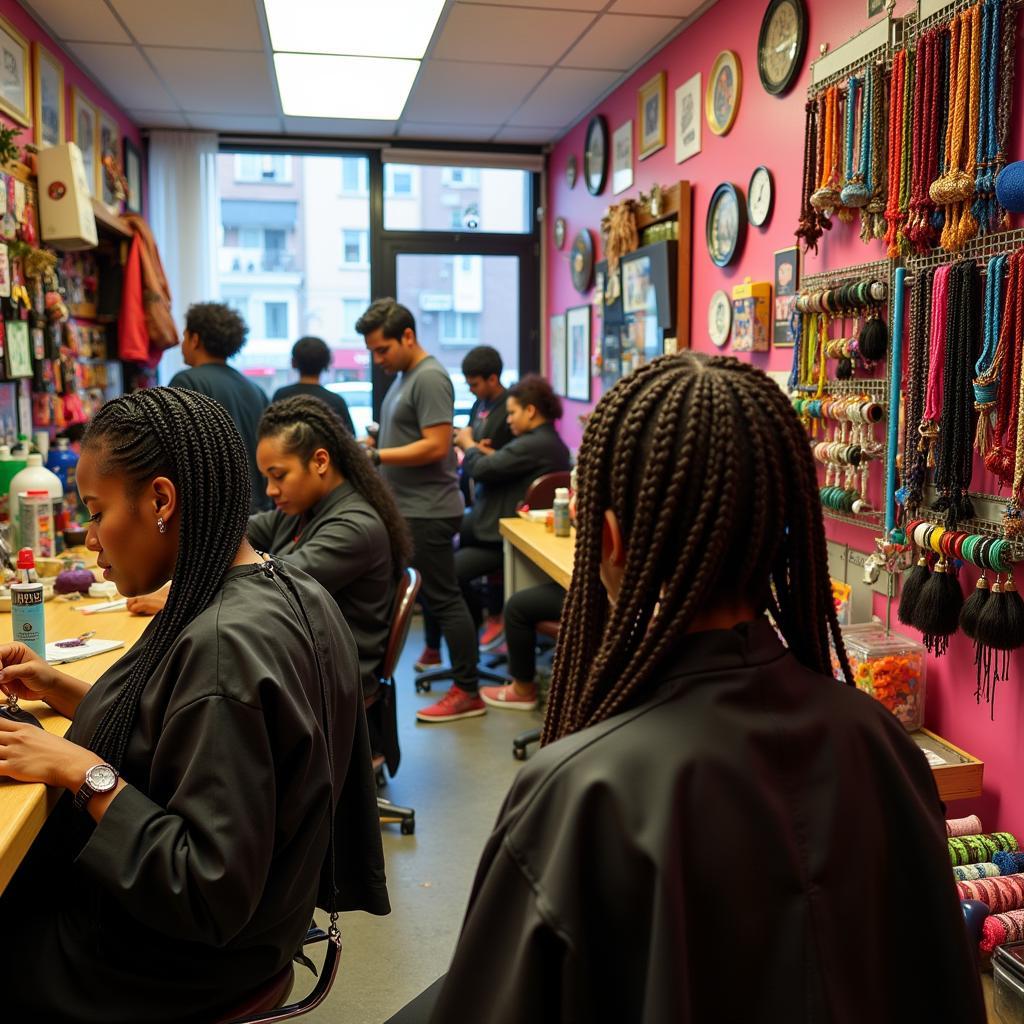African Child in Need: Understanding and Addressing the Challenges
The plight of the African Child In Need is a complex issue intertwined with poverty, lack of access to education, healthcare, and basic necessities. Understanding the scope of these challenges is the first step towards creating meaningful and sustainable solutions. We’ll delve into the core issues affecting vulnerable children across the continent and explore ways to make a real difference. After this introductory paragraph, you will find more detailed information and resources related to this crucial topic.
The Multifaceted Challenges Facing the African Child in Need
The needs of an African child in need are diverse and often interconnected. Poverty acts as a significant barrier, limiting access to nutritious food, clean water, and adequate shelter. This often leads to malnutrition, illness, and an inability to attend school. Furthermore, lack of access to quality education perpetuates the cycle of poverty, hindering future opportunities. Many children are forced into child labor to support their families, robbing them of their childhood and right to education. Conflict and displacement further exacerbate these issues, creating even more vulnerable populations. african family articles offer insights into the dynamics and challenges faced by African families.
Healthcare and the African Child
Access to adequate healthcare is another significant hurdle. Many communities lack basic medical facilities, and essential medications are often unavailable. Preventable diseases like malaria, pneumonia, and diarrhea claim the lives of countless children each year. The lack of healthcare professionals, coupled with limited health education, contributes to the high rates of child mortality across the continent.
Many children, especially in rural areas, face the challenge of accessing clean and safe drinking water. This lack of access contributes to waterborne diseases and further compromises their health and well-being.
Education: A Path to a Brighter Future
Education is widely recognized as a fundamental human right and a crucial tool for breaking the cycle of poverty. However, millions of African children in need lack access to quality education. Factors contributing to this include limited school infrastructure, a shortage of qualified teachers, and the cost of school fees and supplies. For girls, early marriage and societal expectations often prevent them from pursuing education, further limiting their future opportunities. Investing in education is critical for empowering African children and providing them with the skills and knowledge they need to thrive. This includes building more schools, training and supporting teachers, and providing scholarships and financial aid to families in need. Furthermore, promoting girls’ education is essential for fostering gender equality and sustainable development.
 African Children in Classroom
African Children in Classroom
How Can We Help the African Child in Need?
Addressing the complex needs of the African child in need requires a multi-pronged approach involving governments, NGOs, communities, and individuals. Supporting organizations that provide essential services such as food, clean water, healthcare, and education is crucial. Advocating for policies that protect children’s rights and promote their well-being is equally important. Empowering local communities through sustainable development initiatives can help create long-term solutions. South African names can provide a fascinating glimpse into the rich cultural heritage of the region. Learning about the different cultures and traditions across Africa can deepen our understanding and appreciation of the continent’s diversity.
Empowering Communities Through Sustainable Development
Sustainable development initiatives play a vital role in addressing the root causes of poverty and inequality. Supporting local businesses, promoting fair trade practices, and investing in infrastructure can help create economic opportunities and improve living standards. Empowering women through education and access to resources is particularly important, as it has a ripple effect on families and communities.
 African Community Garden
African Community Garden
Conclusion: A Shared Responsibility
The plight of the African child in need demands our attention and action. By understanding the challenges they face and working together to create sustainable solutions, we can empower these children to build a brighter future for themselves and their communities. Supporting initiatives focused on education, healthcare, and economic development is essential for creating lasting change. Every African child in need deserves the opportunity to thrive. For further insights into innovation and resourcefulness, consider exploring articles on African children electric bulb. The ingenuity demonstrated in such endeavors underscores the potential within African communities.
FAQ
-
What are the main challenges facing African children?
Poverty, lack of access to education and healthcare, and conflict are among the major challenges. -
How can I help African children in need?
You can donate to reputable organizations, sponsor a child’s education, or support sustainable development projects. -
What are some organizations working to help African children?
Numerous NGOs, both international and local, are dedicated to improving the lives of African children. -
What is the importance of education for African children?
Education empowers children, breaks the cycle of poverty, and creates opportunities for a better future. -
How does poverty affect African children?
Poverty limits access to basic necessities like food, water, shelter, and healthcare, impacting their health and well-being. -
What is the role of sustainable development in helping African children?
Sustainable development addresses the root causes of poverty and inequality, creating long-term solutions for communities. -
How can I learn more about the specific needs of children in different African countries?
Researching specific countries and regions through reputable sources can provide more detailed information. You can also delve into the world of African doll different type making to learn more about the diverse artistic traditions across the continent. Exploring African jewelry DIY can offer another lens into the vibrant cultures of Africa.
Need Support?
When you need support please Contact us Phone Number: +255768904061, Email: [email protected] Or Visit Us: Mbarali DC Mawindi, Kangaga, Tanzania. We have a customer support team available 24/7.



